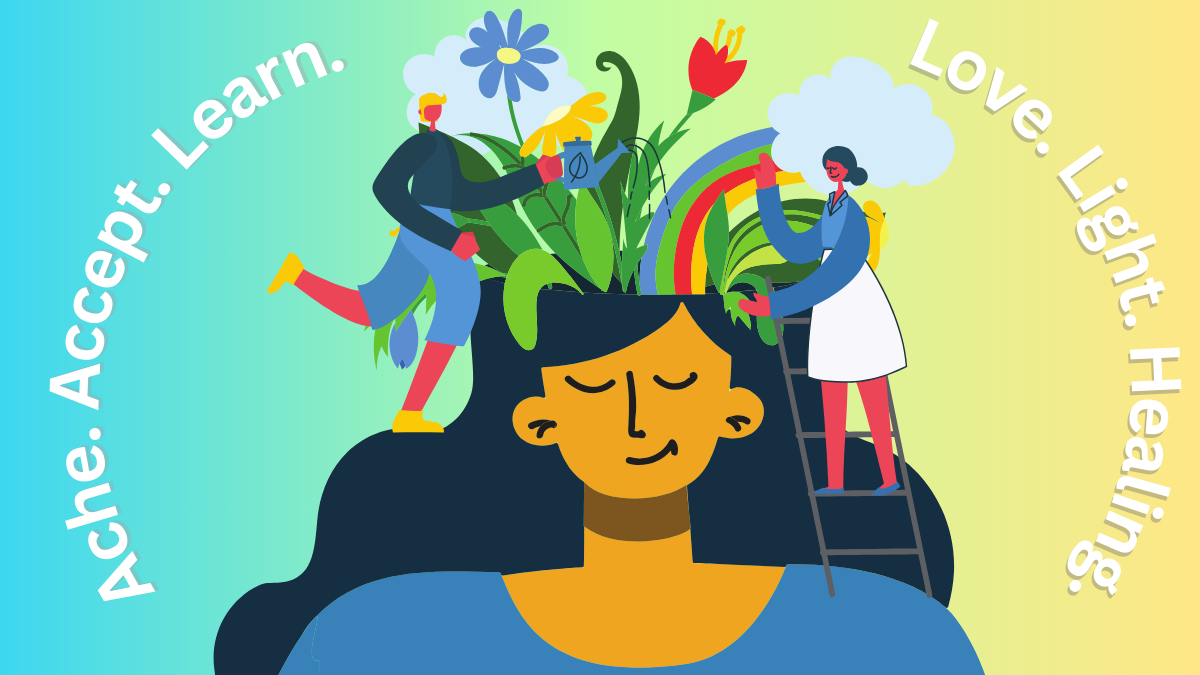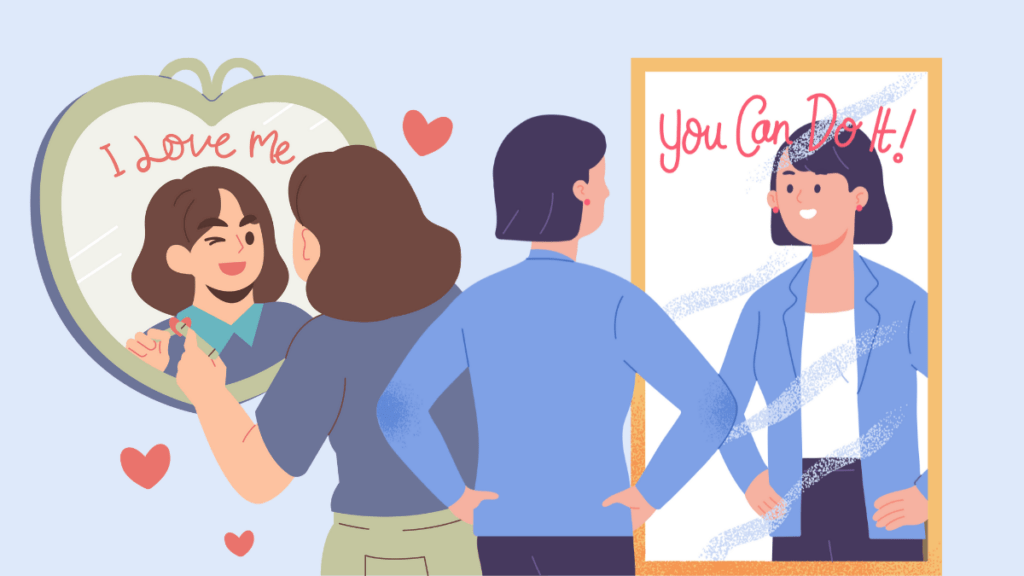Battling Inner Demons: Little Ways You Can Help Yourself

The journey of healing is non-linear; moments of feeling okay may alternate with unexpected setbacks appearing at your doorstep. Therefore, helping one’s inner chaos can also be challenging because it demands mustering the self-help necessary for the journey.
Battling Inner Demons: Little Ways You Can Help Yourself
Having a support system in place proves beneficial as it offers moral encouragement whenever needed. You can always talk to them, and let off some steam while they listen and give you hugs whenever necessary.
Reading self-help books can further validate one’s experiences. The words within each page can resonate like a reassuring inner dialogue, akin to having someone speak directly to you. Those validations can help internalize your self-talk which solidifies your emotions and experiences.
The methods I mentioned above represent two of the external approaches to calming your inner demons. However, the most crucial step you can take is seeking professional help, where you can receive personalized therapies.
Yet, if your internal struggles continue to impact your current relationships, consider these methods which can possibly help.
I understand that there are individuals who have also experienced trauma. Furthermore, some can find it challenging to forgive, forget, and trust other people again. Well, at least, drawing from my experience where ghosts from my past still sometimes catch up to me. And it affects how I handle some of my current relationships.
Moreover, here are the ways I’ve done to support myself during those depressive episodes:
- Positive self-talk

Healing is a reciprocal journey where seeking external support intertwines with inner reflection and positive self-talk. You’ve got to validate yourself, hunny because no one can do it better than you.
An article from Healthdirect says that talking to yourself positively can calm you, improve self-esteem, make you feel like you’re in control of your life, and motivate you to overcome challenges. Whatever you put in your mind will always manifest outside, so it’s important to be kind to yourself just as much as you are to others.
- Crafting an apology letter from yourself addressed to your past version

In addition to practicing positive self-talk, you can consider extending an apology to your past self for the hardships endured. If you’re still seeking closure from those who caused you pain, you can rather address your younger self who endured those challenging times. The other versions of ourselves may still harbor unresolved anger, which can lead to outbursts in situations where we feel mistreated.
Another helpful method is writing an apology letter to my past self. I acknowledged their anger, reassuring them that their feelings were valid. I made it clear they never deserved the trauma and affirmed their safety now, guided by my understanding. Sometimes, we all just need a little butterfly hug to calm our nervous system down.
Doing these can help with our inner reconciliation and acceptance of past events. However, accepting doesn’t mean forfeiting our sense of justice; we can still establish firm boundaries to prevent recurrence.
- Listening to music and/or podcasts

As we all know, music has the power to soothe our emotions or articulate our innermost feelings. Regardless of how you choose to use music in your healing journey, do what works best with you.
Moreover, listening to podcasts can also help you feel like someone’s talking to you. It can alleviate the sense of loneliness when the world feels so silent. Some podcasts discuss various topics you can relate to. And doing this can foster a sense of belongingness from someone you don’t personally know, which I think is beautiful and helpful.
Here are just some little ways you can help yourself, think of this as if it’s the first aid in managing your emotions. However, this isn’t a one-size-fits-all advice; you can rather take one or two of the things I shared, and personalize your self-regulation practice. Furthermore, a more effective way to solve unresolved traumas is to seek therapy and professional advice as they can provide you the suitable ways to help yourself.
Annefreid often finds herself being lost in the lines of serene melodies of this world. When writing, she usually uses personal anecdotes, and she also likes to write about the things she loves. She also wanted her write-ups to be something people will look for whenever they wanted to know about something, as she's fond of aiding people through her words as a writer. Moreover, she spends her time making music and creatively writing where she can exercise her creativity.






